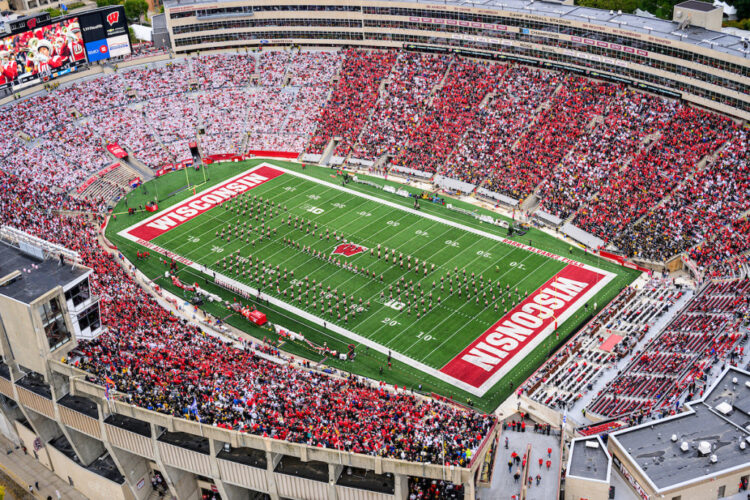The University of Wisconsin–Madison will make a change in its policies regarding alcohol sales at UW- Madison football games at Camp Randall Stadium. Beginning with the 2024 season opener against Western Michigan on August 30, the university will sell alcoholic beverages, including beer, wine, and pre-packaged products like hard seltzers, in the general seating areas at Camp Randall Stadium. This policy will extend to the UW Field House for home women’s volleyball and men’s wrestling events.
Chancellor Jennifer L. Mnookin noted that the new policy aligns with trends at other collegiate athletic venues nationwide. “The option to purchase alcohol is common at collegiate athletic venues all over the country, and we’re glad that we can now offer it as part of the fan experience at Camp Randall,” she said. Mnookin also highlighted the efforts of the athletic and administrative teams in ensuring that the plan maintains a balance with public safety.
To address safety concerns, the university will enforce a limit of two drinks per person when ordering, and campus police will increase their presence at events. Fans will have access to a text line to report any issues, ensuring a “safe environment”. The ID policy will require anyone appearing under 40 to show identification, which will be verified using electronic scanners, consistent with the procedures at the Kohl Center and LaBahn Arena.
Athletics Director Chris McIntosh expressed confidence in the new policy, citing the success of alcohol sales during the basketball and hockey seasons at the Kohl Center and LaBahn Arena last season. “We were pleased with how well alcohol sales went during the basketball and hockey seasons at the Kohl Center and LaBahn Arena last season, and we expect much of the same at Camp Randall this fall,” McIntosh said.
With this change, UW–Madison will join the majority of Big Ten schools, becoming the 16th institution in the conference to allow alcohol sales in general seating areas at football games. Revenue generated from these sales will support campus initiatives aimed at promoting student wellness and responsible alcohol use, including funding alcohol-free programming and supporting students facing challenges related to high-risk behaviors.
See the full press release here.












































